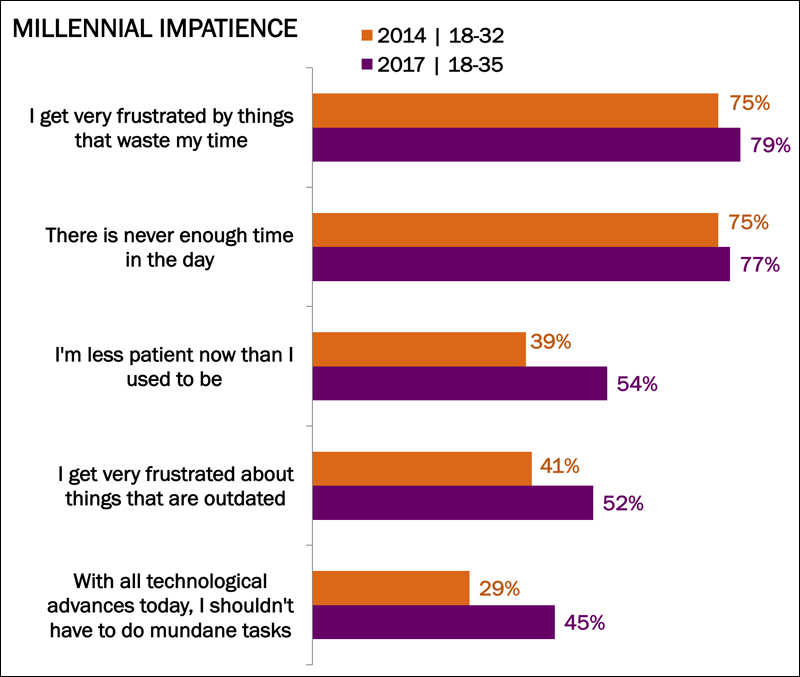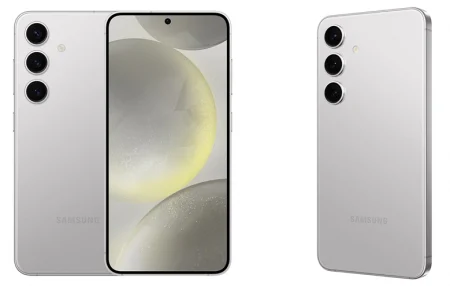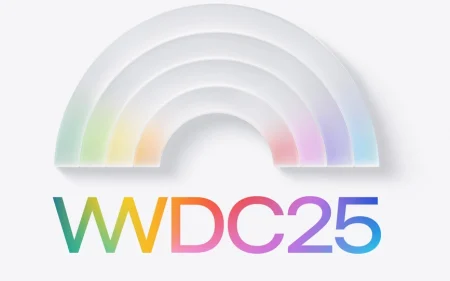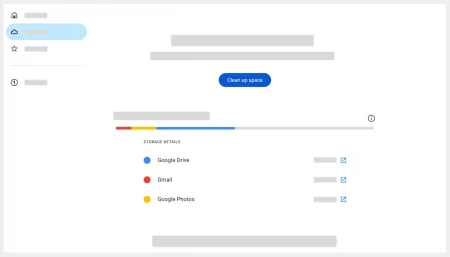Thanks to advancements in technology, we now have all the time in the world but not a minute to spare. How did we get here?

Our parents often talk about how tedious it used to be to make a long distance phone call, back in the day. One had to make a booking at the telephone exchange for a trunk call and then wait for the call to connect. This could take hours. If and when the connection was made, one had a precious few minutes to have a conversation before the time was up.
“Nowadays, everyone has a phone in their pocket but not a single minute to make a phone call,” is their constant complaint.
If you think about it, they’re not too far from the truth. We have the technology; we just don’t have the time. And this isn’t just you and me, it is an entire generation that has grown up with so much technology that it has grown impatient as well.
Closer home to us, if a webpage took over 2 seconds to load, you would’ve abandoned it altogether in search of faster loading content. This is not an assumption. It is what Ramesh Sitaraman, a computer science professor at the University of Massachusetts, noted after studying the viewing habits of 6.7 million internet users.
He also noted that people are likely to get distracted within 9 seconds while consuming any form of online content. So the odds are that before you are through with this paragraph, there is every chance that you would’ve moved on to another slice of digital content.

But if you’re still with me, the fact of the matter is that technology has made lots of things easier and faster. Everything is just a call or a tap away. Things happen in minutes, if not seconds. But the flip side to that is that it has also made us extremely impatient. We are used to things happening so quickly, that even the slightest delay puts us in a state of discomfort.
You’ll realize this is true if you pause to think about it. Technology has made things so much more convenient. Everything is just a click, a swipe, a tap or a ring away. We have all the time in the world and yet we don’t seem to have a minute to spare. We seem to be running out of patience, all the time.
Image: Jacobsmedia
Technology has made things easy
With each passing year, there are more technological advancements and most of them are targeted at making life easier or more convenient. From fast food to faster flings and everything in between, it’s all available at the tap of a button and it’s almost as though we don’t have to wait for anything anymore. From finding dinner to finding the one, all we need to do is key into our handheld device and voila!
And while all this has made things easier, it has also made us increasingly impatient. Fast-paced technology has made us reliant on instant gratification but this has had an inverse effect on our patience. As far as we are concerned, we want it now, no matter what it is. We are not prepared to wait anymore!
What the studies reveal
A 2015 study conducted by Microsoft revealed that “multi-screeners find it difficult to filter out irrelevant stimuli“. It claims that our attention is interrupted every 8 seconds and the reason for this is our inability to cope with changes and adapt to a digitized environment.
Another study published by World Psychiatry revealed that people who were more involved in digital multitasking were more distracted and exhausted all the time. The study observed increased activity in the right prefrontal region of their brain, which is usually active in response to distractive stimuli. This proves that activities like constantly switching tabs on a browser required more cognitive effort to maintain concentration. Hence, people who indulged in such activities are more likely to be distracted and impatient.
Of Gratifications & Distractions
Instant gratification through mobile phones has minimized waiting periods and effort involved. There are also plenty of options to distract ourselves during the waiting period. For instance, if you order food or groceries, it can arrive as quickly as 9 minutes. And in those precious 9 minutes, you have a plethora of apps (read Instagram) to entertain you as you wait for your food.
So when you step out to dine at a restaurant, the relatively more waiting period often makes the diners impatient. A more recent study conducted in the UK on behalf of the stationery brand BIC revealed alarming numbers. On an average, a person will only wait 14 minutes for food to arrive at a restaurant. Similarly, they will wait no more than 7 minutes for drinks to arrive at a bar. One more minute and they would consider going to another bar.
What can we do about It?
There is seemingly no way out of this rat race. The only thing we can do about it is to be more cognizant. Maybe limit our online intake. Cut down on social media. Be alert and not let it become a subconscious decision. For instance, in the 30 seconds that the microwave takes to reheat your food, resist the urge to unlock your phone and scroll mindlessly through Instagram.

Apart from making us impatient, the constant strain can have adverse effects on our health, physically and mentally. And the rate at which technology is advancing, bigger distractions will continue to tempt us. So it’s best to become aware now and be in control. That perhaps is the only way we can keep the upper hand.
As Harold Schweizer, an English professor at Bucknell University, once remarked: ” the promise of technology was that it would make us masters of time. It has, ironically, made us into time’s slaves.”
In case you missed:
- 14 Things to do Immediately if you Lose your Phone
- 12 Ways to Protect Yourself from UPI Fraud
- TalkBack, Circle To Search & 3 More Google Features added on Android
- Why are Companies resorting to Office Peacocking?
- WhatsApp adds New Document Scanning Feature
- Presenting Gemini Live, Google’s Response to ChatGPT Voice
- 7 Online Scams to be Wary of in India
- The Future of Online Marketing: Adobe introduces AI Agents
- OpenAI finally unveils its Advanced Voice Assistant!
- Traditional Learning Making a Comeback? Kerala Bans WhatsApp Study Groups









